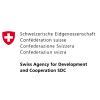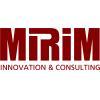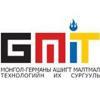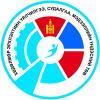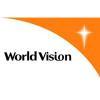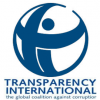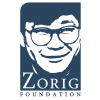The Ministry of Education, Culture, Sciences and Sports (MECSS) has set a goal to create equal access to higher education for students in the framework of the Higher Education Admission Reform Policy. In this document, it is stated that “to expand labor market supply and demand research and improve the coordination between employers and academic institutions”. 1
Every year in Mongolia, over 25,000 graduates graduate from universities and colleges.2 The most common problems for new graduates in finding job are lack of work experience and not being able to find a suitable job. Employers, on the other hand, face challenges with employees such as unwillingness to work, lack of experience, and inability to cope with workloads. In 2019, there was a shortage of 17.7 thousand workers due to the lack of skilled personnel. Although some universities attempt to develop a curriculum to meet industry’s demand, their staff do not have the required skills or underpinning knowledge to undertake this task successfully. For those leading State-owned universities who has already initiated the cooperation with private companies, they often find their current research capacity and research facilities can hardly meet the marketing demand. This causes a low employment rate of graduates in Mongolia. Those evidences prove there is a demand for the industry-academia collaboration in Mongolia.
The assignment will be carried out into three main phases including:
- Preparation Phase
- Research and Concept Formulation Phase, and Stakeholder Engagement, Advocacy
- Reporting Phase.
As a result of the Preparation and Research and Concept Formulation phases, IRIM conducted comprehensive analysis by mostly focusing on the context of cooperation between industry and academia. In doing so, qualitative research methods including desk review, key informant interview, and focus group discussion are used. A total of 70 KIIs and 6 FGDs are conducted. Within the scope of the Stakeholder Engagement, Advocacy, and Reporting Phase, the project team is organizing a series of consultative meetings with relevant stakeholders including industry representatives and representatives of academic institutions in the ICT sector to exchange information and expand the cooperation.
Deliverables:
-
Develop research methodology
-
Develop of research tools
-
Translate of research tools
-
Gather relevant information
-
Conduct pilot survey
-
Organize researcher training
-
Collect KI
-
Data entry and quality control
-
Analyze the information
-
Report the survey results
-
Develop a memorandum of understanding
-
Organize consultation meetings
-
Arrange a meeting with the client
-
Prepare the final report
Related projects
-
Leveraging Science and Tradition in DRR in Mongolia III (LTS3), Final Evaluation
Client
International Organization for Migration
.png)

.png)
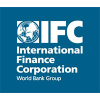
.png)
.png)
.jpg)


